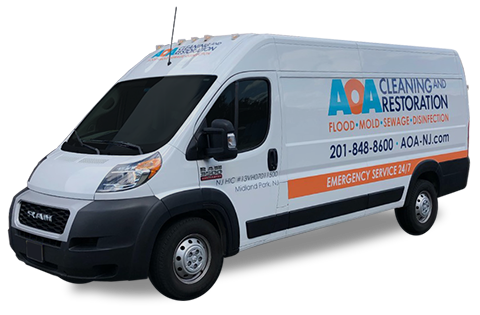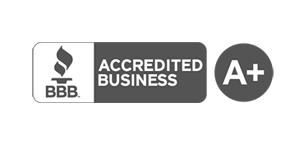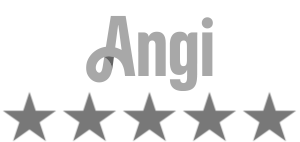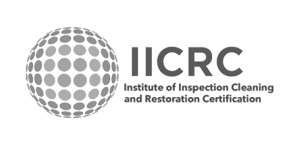One of the most unpleasant disasters for a homeowner to deal with is the backup of their home’s sewer system. When a heavy rainstorm or clog or block in the sewer line causes a sewage system to become overloaded, waste can get pushed back through the line into the home—through a basement’s drains, toilets, and even shower heads. This obviously causes damage to the home, but it is also hazardous to one’s health, as sewage contains all kinds of chemical and biological contaminants.
Many homeowners that we’ve worked with to remediate sewage system backups want to know exactly what can cause this nightmare. Generally, sewer line backups are caused by one of the following issues in the city’s main sewer lines or your home’s sewer lines—or both:
Blockage – Tree roots are a common culprit when it comes to a sewer line backup. Roots can grow into pipes and create holes or cracks in them, or even wrap themselves around a sewer line.
Clogs – Clogs in your home’s drain pipes or the city’s main sewer line can cause a sewage backup, pushing waste that should flow into the public sewer system back into your home. Clogs can come from hair, an accumulation of cooking grease, or other solid materials that wastewater pipes are not meant to handle.
Old or broken lines – Older homes, in particular, might experience deterioration of their drains and lines. When this happens, tree and shrub roots around the home can break or puncture pipes.
The Dangers of Sewage Backup
For obvious reasons, sewage backup is a homeowner’s worst nightmare, but it can also be quite dangerous. Here are some of the worst hazards that can happen if you don’t deal with the issue properly:
- You can get sick. If the sewage water gets into your body through your mouth or an open wound, you can become extremely ill with diseases like Shigella, Salmonella, E. Coli, Giardia, Rotavirus, or Hepatitis A.
- Your home can start growing mold in various places. All that dirty water and sewage can cause a mold outbreak.
- You can suffer from breathing problems. If you already have asthma symptoms or other allergies, a sewage backup can make them significantly worse.
Preventing Sewage Backups
Is there anything you as a homeowner can do to prevent these issues? The Insurance Information Institute offers the following tips:
- Never wash cooking oil or grease down the drain. Even if rinsed with hot water, grease solidifies once it cools and will accumulate in your drains, drain lines, or the main sewer lines, eventually causing a clog. The same goes with small food scraps, egg shells, coffee grounds, old contact lenses, rocks, hair, or similar items.
- Flush toilet paper only. The only items you should flush down your toilet are human waste and toilet paper, which is designed to disintegrate quickly. Even items such as facial tissue and feminine products should never be flushed. Other obvious no-nos are garbage, paper, paper towels, medicines, or Q-tips. Really, it’s simple: flush toilet paper and human waste only.
- Replace your line with plastic pipes. Plastic piping, as opposed to clay or cast iron piping (used in older homes), has impervious joints that tree roots cannot penetrate.
- Install a backwater prevention valve. A backwater or backflow prevention valve allows sewage to go out, but not come back in. A plumber can check to see if your home has such a valve, and if not, can install this for you. Keep in mind that this will prevent backups originating from the main sewer line, but not from your own service line.
- Make sure there are no illegal plumbing connections to your city sewer line. This includes sump pumps, French drains, and other flood control systems. Not only is this illegal, it can cause major problems for your main sewer line and your home.
If your home has been the unfortunate victim of a sewer backup, AOA Cleaning & Restoration is here to help. Our certified specialists will quickly identify the problem, contain the contaminated area and place it under controlled air flow, take the necessary steps to remediate all damaged/contaminated structures in accordance with Institute of Inspection, Cleaning and Restoration standards, and complete the job with an environmental inspection to ensure your home and your family are safe.
Call us at (201) 848-8600 or learn more about our sewage damage restoration services.




















